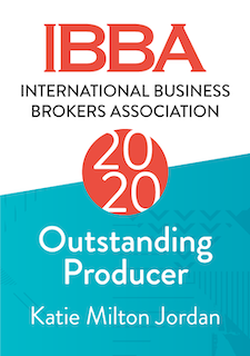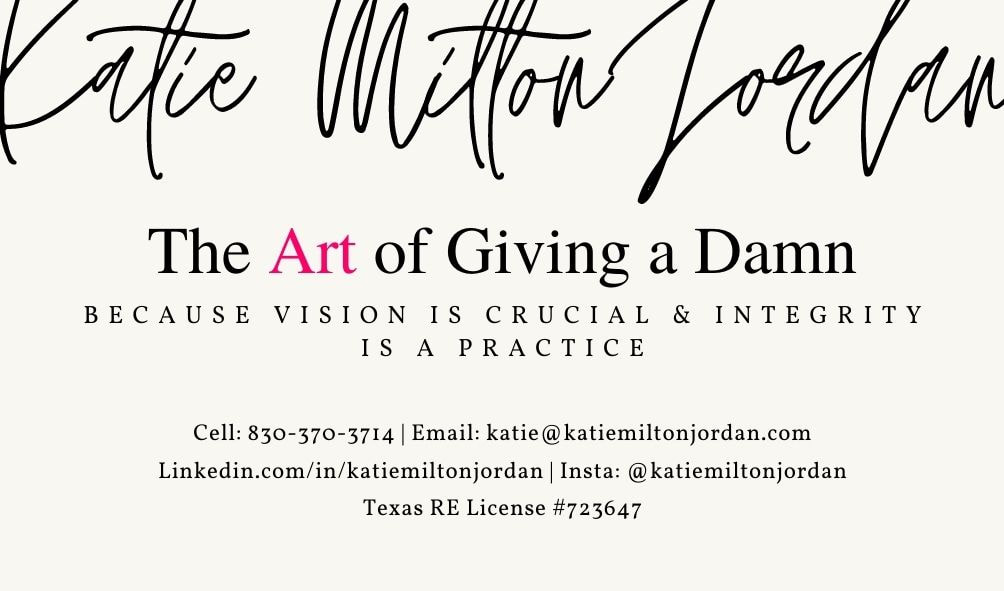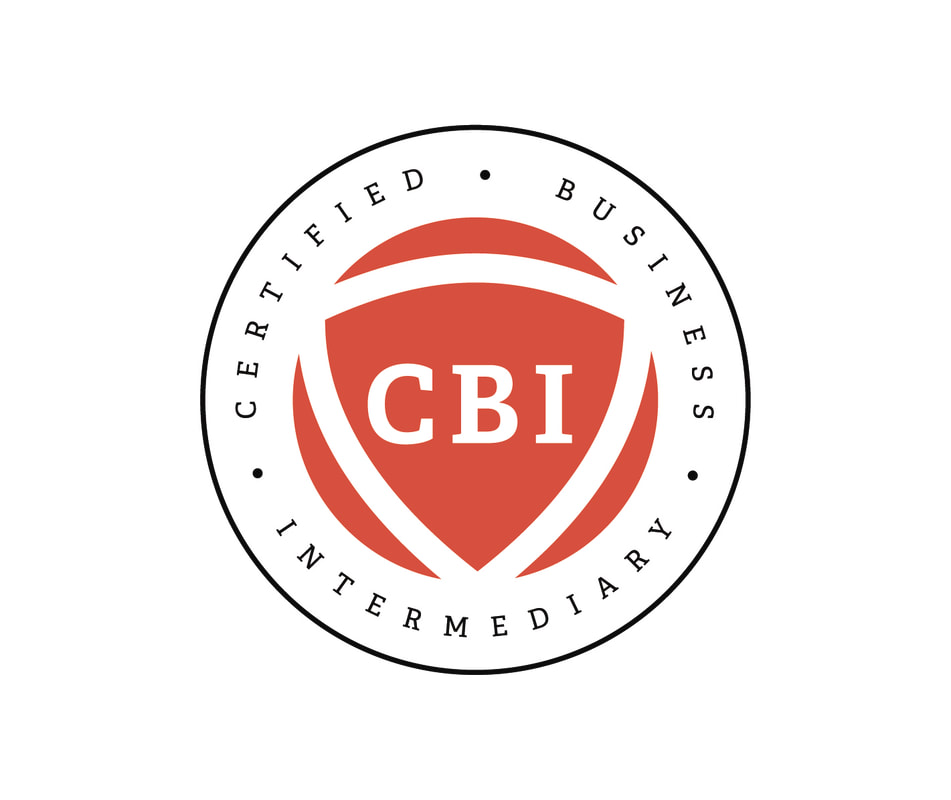|
You do what? That is usually the question I am met with when I tell people that I am a business broker. So, let's break it down and figure out WTF a business broker actually does? Simply put: A business broker helps people buy and sell small businesses.
More specifically, we help profitable small business owners sell businesses to those that are looking to take over as owner of an already established business...and vice versa. So...you're like a realtor for businesses? No, not exactly. Yes, we are like realtors in that we help buyers and sellers. However, when you are buying a home, the process is a lot simpler than when you are buying a business. When buying a business there is a LONG process involved in determining value. The process is long, requires various different areas of expertise, and has to be done quietly. Unlike realtors, business brokers can't really publicize the sale of a business, because there are too many stakeholders involved. It would cause a significant amount of chaos prior to the purchase being finalized among staff and customers. Are all business brokers the same? No! Although this is an oversimplification, there are three general tiers of business brokers that specialize in different sized companies. The size of your business will determine the type of business broker you'll want to work with. Tier One: Investment Bankers Investment bankers transact companies that are usually in the headlines we read about in papers and magazines; when big name (LARGE) companies are sold or bought out by other big name companies. Companies this size represent the rarest of all businesses. Tier Two: Mergers & Acquisitions Specialists M&A firms specialize in middle market transactions or companies that are mid-range in size. These usually have 50-250 employees and make up the second rarest group of businesses. You can sometimes recognize these companies because they may have a management team in place. Tier Three: Main Street Business Brokers Small business brokers specialize in main street businesses that make up the majority of all small enterprises in the Unites States. They are usually the type of businesses that you would find in just about any town on Main Street, USA and usually have 5-50 employees and earn smaller revenues relative to tier one and two companies. You can recognize these companies because there is usually an owner / operator at the helm of this company wearing several different hats. So, how do business brokers help? Business brokers act as a VIP concierge during the long and tedious transaction process. By facilitating communication and actions taken by all professionals throughout the sale, and everything that leads up to it, business brokers help buyers and sellers maintain consistency and synchronization throughout the transaction. From creating your 20-30 page marketing document (so you can make a food first impression), to being able to see through the BS when someone along the way is not being forthcoming...we are there for you! Because there are so many professionals involved, CPAs, lawyers, bankers, it is incredibly helpful to have someone who can hold everything together and keep egos in check. Business brokers keep everyone on the same page and make sure the final transaction is conducted properly to ensure success for both parties. So...do I need a business broker? Maybe! When to contact a business broker as a seller:
When you contact a business broker as a buyer:
What are the benefits of using a business broker? There are more than 30 steps involved in selling/buying a business. If you miss any one of them, you could be in all kinds of trouble. A business broker walks you through the process seamlessly, so you can rest assured that either your sale, or your purchase, was done right! Brokering a transaction of that magnitude requires a ton of work, lots of experience, and patience. Having someone to navigate through all of that allows you to make decisions with a clear mind. If you are selling your business, working with a broker starts early with your exit strategy. A lot of things need to be in place before you can even enter into talks about selling. A broker can not only help facilitate the sales process, but help you get clear on your exit strategy so you can actually sell successfully. Don't have an exit strategy in place yet for your small business? Grab my Free Exit Planning Workbook, and map out your plan to sell, sell, sell! |
Author
Archives
August 2022
Categories
All
|

Katie Milton Jordan :: Texas Business Broker
222 Sidney Baker Street South Suite 213 Kerrville, Texas 78028 Open M-F 9am - 5pm & by appointment 830-370-3714 |
Made with ❤️ in Kerrville :: Soon to be the Small Business Capital of Texas.


 RSS Feed
RSS Feed



